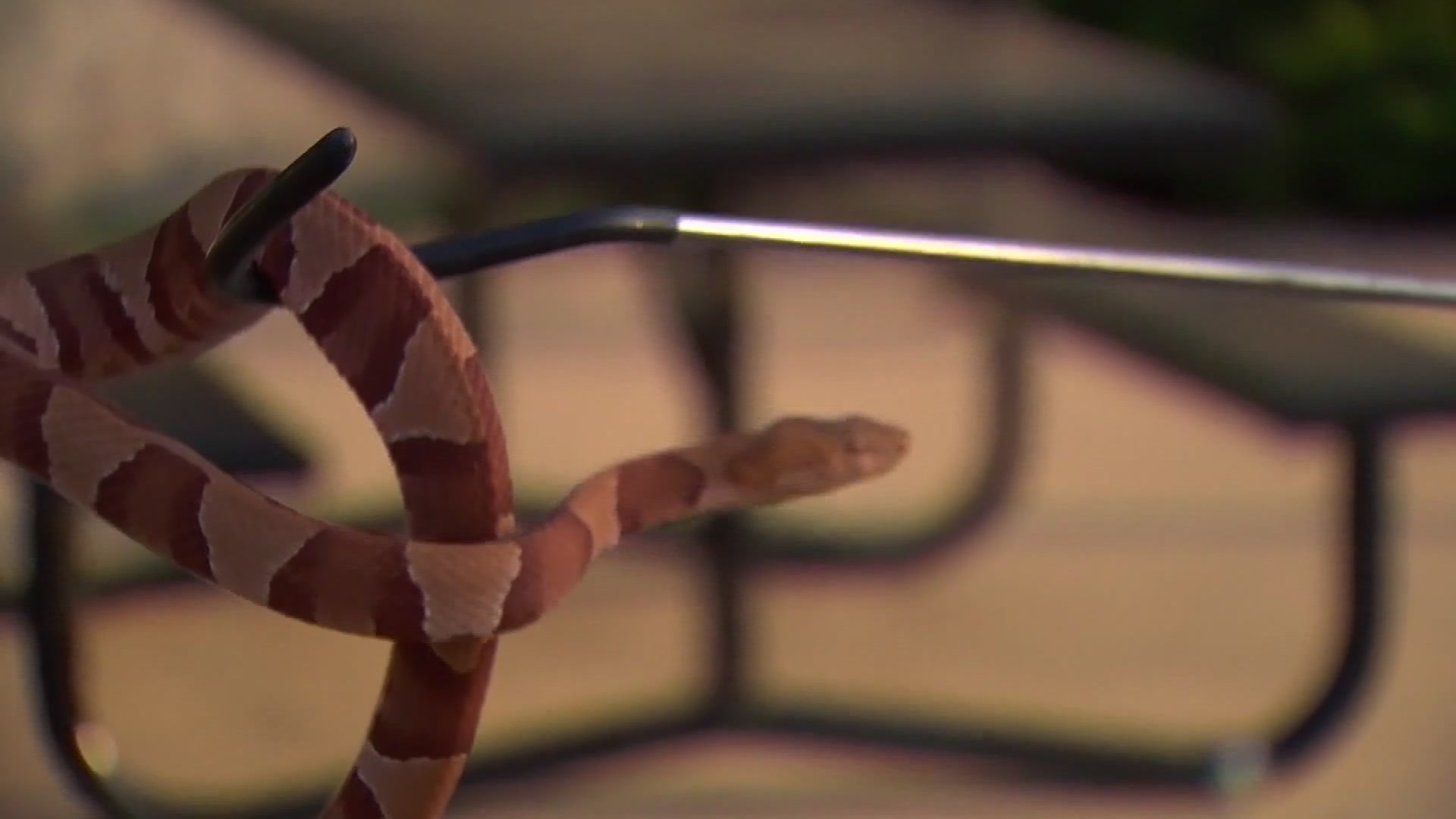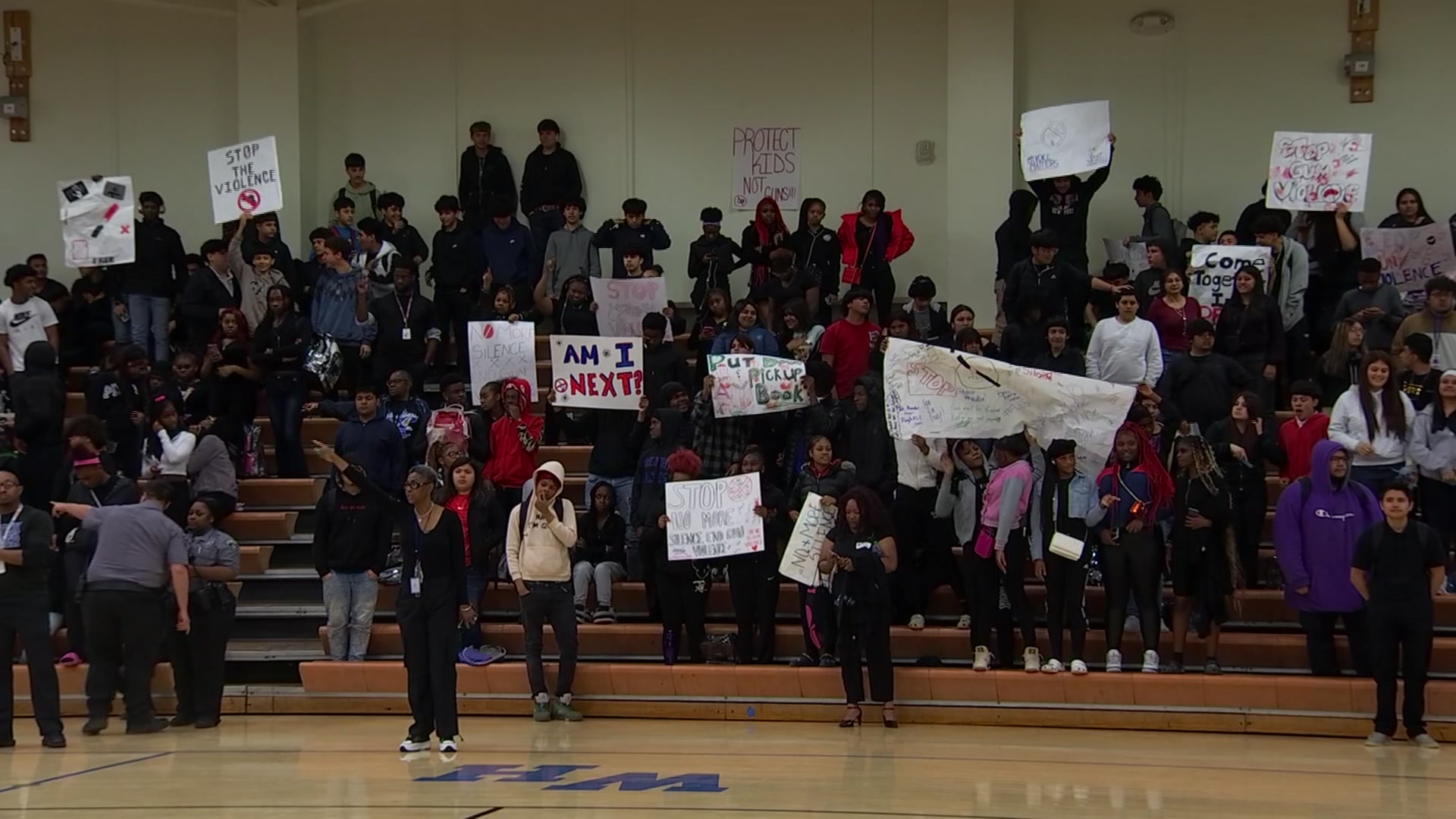In light of the latest incidents involving police and unarmed black men, NBC 5 sat down with two leaders within Dallas’ Black Police Association for the ongoing conversation about policing and race.
We sat down with Senior Corporal Terrance Hopkins and Senior Corporal Mary Lavender.
Hopkins is the current president of Dallas’ Black Police Association and Lavender is the association's 1st Vice President.
Each has been on the Dallas Police force for nearly 30 years.
Get DFW local news, weather forecasts and entertainment stories to your inbox. Sign up for NBC DFW newsletters.
Hopkins said body cameras worn by police and cell phone videos are critical to the ongoing conversation about policing.
“It gives you an upfront visual on a lot of the complaints that African-Americans have had for years,” said Hopkins.
The two latest incidents drawing national attention, the police shooting of Daunte Wright in Minnesota and the traffic stop of a Black Army Lieutenant in Virginia, were both caught on camera.
Local
The latest news from around North Texas.
Hopkins said these incidents affect officers, especially Black men and women who wear the badge.
“Most definitely,” Hopkins said. “Your friends and your family will doubt what you do sometimes. If they know you and they know your heart, they kind of know who you are, but they’ll say ‘but them other ones’ – it’s just this constant bombardment when these incidents continue to happen.”
Lavender said the high-profile cases also make it difficult to recruit people of color who are desperately needed in law enforcement.
“I truly believe this job is a calling,” Lavender said. “You have to want to be here because it can be a thankless job at times, but at the same time, you need officers that look like your community in those hopes that those people will relate better to the community. You need that diversity in your department and it’s tough, tough to get here.”
As leaders within their community, both take pride in being a good example of an officer to others.
“Especially as a Black female I can be that positive role model for little Black girls growing up today so they can see me and say ‘hey, I can do it’ because I didn’t see that growing up,’” Lavender said.
Through their work with the Black Police Association and their roles in community policing, they said ongoing conversations need to be happening to build trust with the public and with officers regarding de-escalation training and officers need to speak out when a fellow officer is in the wrong.
“For us, at the [Black Police Association] we have to look at the injustices that have happened and we can’t be afraid to call them out,” Hopkins said. “Unfortunately when we see officers make a mistake, we’re quicker to call it out as opposed to the conventional law enforcement association and union, because, again, most of it is against our people.”
“I continue to tell myself there’s light at the end of the tunnel and I continue to look at the positive of it all,” said Lavender. “I’m one officer and I can go out there and make a difference for me and that one person’s life and I try to take it one person at a time and hope that maybe that’s the day that I did change somebody’s mind.”



